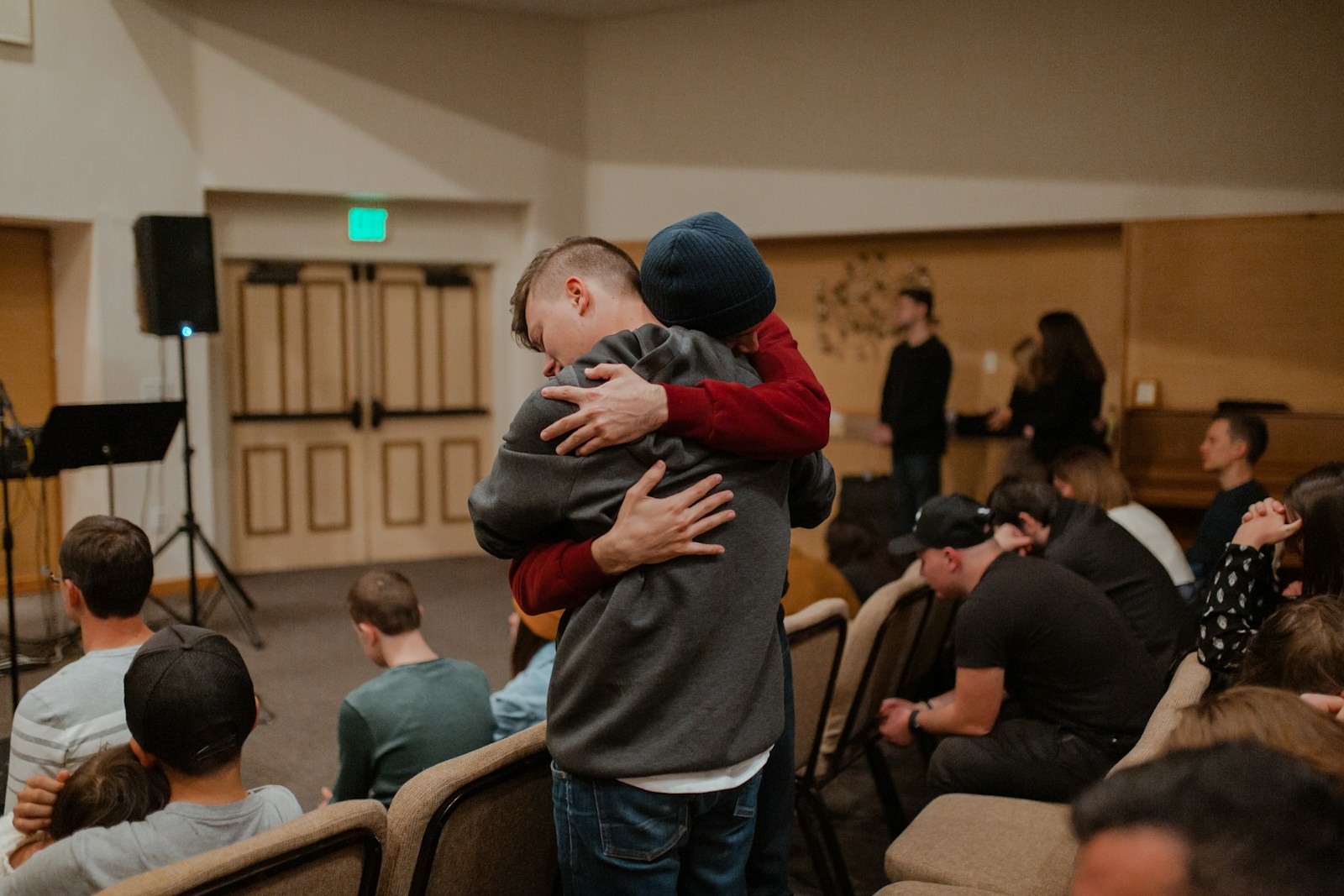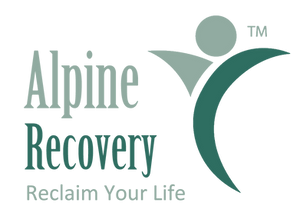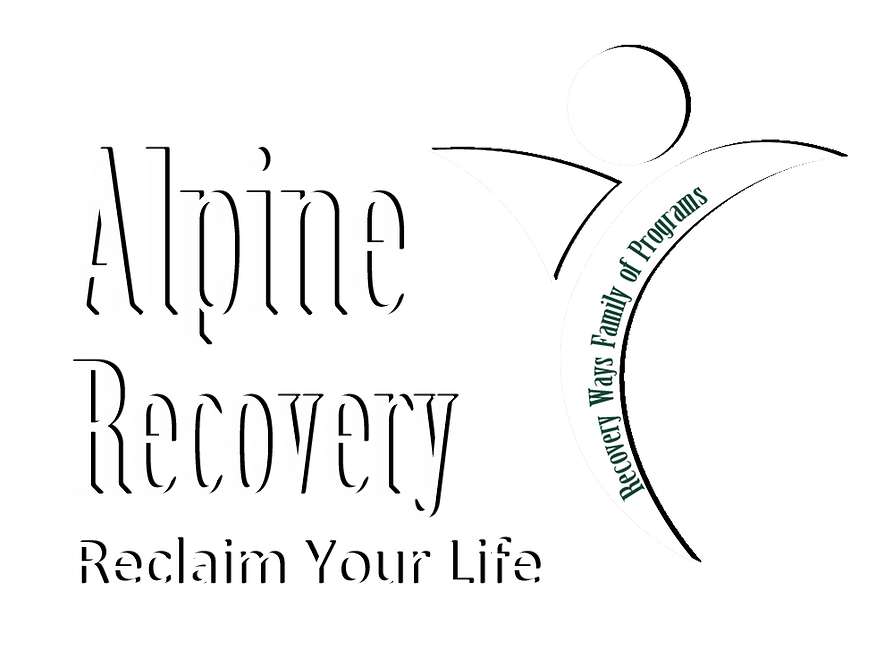Outpatient Drug Rehab in Everett WA
Overcoming addiction is undoubtedly one of life’s most challenging journeys, but the right support can make all the difference in reclaiming a healthy, fulfilling life. For individuals in Everett, WA, outpatient drug rehabilitation programs offer a structured yet flexible pathway to recovery. These programs allow individuals to receive professional care while maintaining their daily responsibilities, such as work, school, or family commitments. Outpatient drug rehab in Everett WA provides access to therapy, counseling, and community resources, all designed to help individuals build coping mechanisms and establish long-term sobriety. This blog dives deep into exploring how these programs are tailored to meet the specific needs of Everett residents, offering guidance on finding the right support system and achieving long-term success in the recovery process. Whether you’re seeking help for yourself or a loved one, understanding the options available can be the first step toward a brighter future.
Understanding Outpatient Drug Rehab in Everett WA
Outpatient drug rehab is a type of addiction treatment designed to provide structured support and therapy while allowing individuals to continue their daily lives. Unlike inpatient programs, where participants live full-time at a treatment facility, outpatient rehab allows people to live at home, maintain employment, attend school, or fulfill family responsibilities while working on their recovery. These programs typically include therapy sessions, group counseling, and education about addiction, helping individuals develop coping strategies and build a support system. Outpatient rehab is particularly beneficial for those with mild to moderate addiction or for those transitioning from inpatient care, as it offers flexibility while still providing essential tools for long-term recovery.
How Outpatient Rehab Differs from Inpatient Rehab
The primary difference between outpatient and inpatient rehab lies in the level of intensity, structure, and time commitment. Inpatient rehab provides 24/7 care in a controlled, residential environment where individuals receive constant supervision and support. This option is ideal for those with severe addictions or co-occurring mental health conditions, as it removes them from potential triggers and distractions, allowing them to focus solely on recovery. Outpatient programs, on the other hand, are more flexible and allow individuals to live at home while attending scheduled therapy sessions or group meetings. These programs can vary in intensity, ranging from a few hours per week to more comprehensive daily sessions, depending on individual needs.
Benefits of Choosing Outpatient Drug Rehab in Everett WA
Outpatient drug rehab offers several unique advantages:
- Flexibility: Patients can attend therapy sessions from the comfort of their own homes, allowing them to fit therapy into their schedules without disrupting their day-to-day responsibilities, such as work, school, or family commitments.
- Cost-Effectiveness: These programs are often more affordable than inpatient alternatives, making them an excellent option for individuals seeking quality care without the high costs usually associated with hospital stays or residential treatment facilities.
- Community Integration: Outpatient programs provide individuals with the opportunity to practice their coping skills in real-world settings, allowing them to navigate daily challenges while receiving ongoing support. These programs help individuals maintain strong connections to their community, fostering a sense of belonging and stability as they work toward recovery.
- Access to Family Support: Patients can maintain close contact with loved ones, who play a crucial role in the recovery process by offering emotional support, encouragement, and a sense of normalcy during challenging times. This connection can significantly enhance their overall well-being and motivation to heal.
Types of Outpatient Programs Available in Everett, WA
Everett offers a diverse range of outpatient rehab options tailored to different needs:
- Partial Hospitalization Programs (PHPs): Intensive programs that provide comprehensive care while allowing individuals to return home at the end of the day.
- Intensive Outpatient Programs (IOPs): Combining rigorous therapy with flexibility, IOPs require fewer hours than PHPs but offer close monitoring.
- Standard Outpatient Programs: Ideal for those needing less intensive care or transitioning from inpatient rehab.
Key Factors to Consider When Choosing an Outpatient Rehab in Everett, WA
Choosing the right facility is critical to achieving long-term recovery, as it sets the foundation for your journey toward healing and growth. It’s important to consider factors such as the types of programs offered, the qualifications of the staff, and the range of support services available. Taking the time to evaluate these elements can make a significant difference in ensuring the facility aligns with your unique needs and goals. Here are some key factors to evaluate:
1. Accreditation and Licensing
Ensure the facility is accredited by reputable organizations such as The Joint Commission or the Commission on Accreditation of Rehabilitation Facilities (CARF). Accreditation from these organizations demonstrates that the facility has undergone rigorous evaluations to meet high standards for care and operational excellence. Additionally, proper licensing guarantees the program complies with state and federal regulations, ensuring it meets industry standards for quality, safety, and ethical practices. These certifications offer peace of mind that you or your loved one will receive reliable and effective treatment in a professional environment.
2. Qualified and Experienced Staff
Look for programs that employ well-trained, licensed professionals, including addiction counselors, therapists, and medical staff who specialize in addiction recovery. These experts play a critical role in providing personalized care, guiding individuals through treatment, and addressing both the physical and emotional aspects of recovery. Staff credentials are a strong indicator of a program’s credibility, effectiveness, and commitment to maintaining high standards of care.
3. Staff-to-Patient Ratio
A lower staff-to-patient ratio ensures that participants receive more personalized attention, allowing caregivers to focus on their individual needs and preferences. With fewer participants to attend to, staff can dedicate more time to understanding each person’s unique circumstances, including their medical history, personal goals, and day-to-day challenges. This approach not only improves the quality of care but also fosters a deeper connection between caregivers and participants, building trust and mutual understanding. Over time, these stronger relationships create a more supportive and compassionate environment where participants feel valued and empowered, contributing significantly to their overall well-being and satisfaction with the care they receive.
4. Comprehensive Therapies and Treatments
An effective outpatient program offers evidence-based treatments, including:
- Cognitive Behavioral Therapy (CBT): A widely used, evidence-based approach that helps individuals identify and change harmful thought patterns and behaviors. By addressing negative thinking and developing healthier coping mechanisms, CBT is effective for managing a range of mental health conditions, including anxiety, depression, and stress.
- Group Therapy: Provides a supportive environment to build connections with others who are on similar recovery journeys, fostering mutual understanding, shared experiences, and encouragement.
- Individual Counseling: Offers personalized, one-on-one support tailored to help individuals navigate and overcome their unique challenges, providing a safe space to explore feelings, develop coping strategies, and work toward personal growth.

5. Support for Co-Occurring Mental Health Issues
Since addiction often intersects with mental health disorders, such as anxiety, depression, or PTSD, choosing a program that addresses both addiction and co-occurring issues is essential for holistic recovery. These dual-diagnosis programs are designed to identify and treat the root causes of both conditions, recognizing how they influence one another. Treating these challenges simultaneously ensures that underlying mental health conditions are not overlooked, reducing the risk of relapse and improving outcomes. This approach provides individuals with the therapy, tools, and ongoing support they need for long-term healing, allowing them to rebuild their lives with greater stability and overall well-being.
Success Stories from Everett’s Outpatient Programs
Hearing from those who’ve walked the path to recovery can be incredibly inspiring. Local testimonials highlight the transformative power of outpatient programs in Everett:
- Sarah’s Story: Struggling with addiction while balancing a part-time job and raising two kids, Sarah turned to an intensive outpatient program in Everett. The flexible hours allowed her to prioritize recovery without sacrificing her responsibilities. Today, she celebrates three years of sobriety and thrives as a mentor for others in similar situations.
- Mike’s Journey: After numerous unsuccessful attempts to quit substance use, Mike found success through Everett’s outpatient programs, which combined cognitive behavioral therapy with peer group support. “I finally felt understood,” he shares. “That sense of community was a game-changer.”
These stories demonstrate how Everett’s rehab facilities adapt to meet individuals’ diverse needs.
Navigating Challenges in Outpatient Rehab
No recovery process is without its hurdles, as individuals often face a range of emotional, physical, and social challenges along the way. From managing withdrawal symptoms and rebuilding relationships to developing healthier coping mechanisms, the journey can feel overwhelming at times. However, outpatient programs in Everett are designed to provide personalized support to address these common obstacles. Through therapy, counseling, and support groups, these programs equip individuals with the tools and guidance they need to stay focused and on track toward lasting recovery, all while allowing them to maintain their daily responsibilities and routines.
Addressing Obstacles
- Managing Triggers: Outpatient programs provide individuals with essential tools and strategies to identify, understand, and manage triggers in their daily environment. These programs often include personalized coping techniques, stress management practices, and support to help individuals navigate challenging situations without compromising their progress.
- Staying Motivated: Regular therapy sessions provide participants with a safe space to discuss challenges and progress, while accountability groups offer support and encouragement from peers who understand their journey. Together, these resources help individuals stay focused and committed to their recovery goals, even during difficult times.
The Role of a Supportive Community
Everett’s tight-knit community plays a pivotal role in helping individuals stay grounded during recovery, offering a supportive environment where people feel understood and valued. Local organizations, support groups, and community leaders work hand-in-hand with outpatient programs to create a network of resources and foster a culture of acceptance and encouragement. This collaboration ensures that individuals have access to not only professional help but also peer support and community-driven initiatives that promote long-term healing and growth.
Strategies for Commitment
Outpatient programs emphasize actionable strategies to help participants succeed in their recovery journey. These include setting achievable goals to create a sense of progress, maintaining a strong support network of friends, family, or peers for encouragement, and celebrating milestones to recognize achievements and build confidence. By focusing on these practical tools, participants stay motivated and empowered to continue making positive changes in their lives.
The Role of Family and Community Support
Recovering from addiction is rarely a solo endeavor. It requires strength, commitment, and, most importantly, a strong support system. Family and community support often serve as the backbone of lasting recovery, providing encouragement, accountability, and a sense of connection during the journey. These relationships can make all the difference in helping individuals stay motivated and overcome challenges along the way.
How Family Enhances Recovery
Family involvement can significantly improve outcomes by providing:
- Emotional support during challenging times.
- Clear communication to set healthy boundaries.
- Active participation in therapy sessions.
Community Resources in Everett, WA
Everett is home to various resources that support individuals and their families, including:
- Support Groups: Local NA and AA meetings provide peer support.
- Educational Workshops: Nonprofits and rehab centers host sessions to educate families about addiction.
- Community Events: Walks, fundraisers, and events connect individuals with others who understand their experiences.
Building a Support Network
Connecting with local advocacy groups, attending events, and joining online community forums are excellent ways to strengthen your support system. These groups and events provide opportunities to meet like-minded individuals, share experiences, and gain valuable advice. Online forums, on the other hand, allow you to connect with a broader audience anytime, giving you access to a variety of perspectives and resources to help navigate challenges and celebrate successes together.
Conclusion
Finding support and achieving success in recovery is a deeply personal yet universal experience. Through outpatient drug rehab programs in Everett, WA, individuals gain the guidance and tools they need to reclaim their lives. Backed by qualified professionals, family involvement, and a supportive community, outpatient rehab offers the flexibility and resources to help individuals overcome addiction. If you or a loved one are considering outpatient rehab in Everett, don’t hesitate to contact us today by calling 1 (360) 658-1388 or clicking Alpine Recovery. Reach out to a local program today and take the first step toward a brighter, healthier future.



